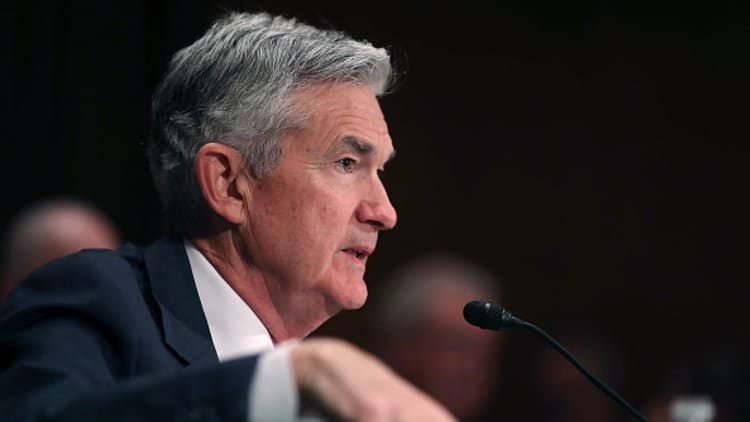
The Federal Reserve kept its benchmark rate unchanged — for now.
"Just because we are not getting a rate hike today, doesn't mean there is a reprieve from rising interest rates. If anything, the pace of rate hikes will pick up going forward," said Greg McBride, chief financial analyst at Bankrate.com.
Signs of rising inflation likely means the central bank will hike rates again later this year. Those upcoming increases, on the heels of six recent quarter-point increases, have far-reaching consequences for consumers.
For many Americans, rising interest rates aren't necessarily bad. That's generally considered a sign that the economy is doing well, which is what helped jump-start a wave of bonuses and may lead to more pay increases down the road.
Rising rates have also helped nudge savings accounts higher, particularly at online banks where competition is heating up.
However, in daily life, higher rates also mean that you'll have to pay more to access cash, including interest rates oncredit cards or a home equity line of credit. (The vast majority of those types of loans have a variable rate, which means they rise and fall in lock step with the prime rate.)
"It's important that borrowers are aware of how much interest they are being charged," said Tendayi Kapfidze, the chief economist at LendingTree, an online loan marketplace, and always "shop around" for a better deal, he added.
The average American has a credit card balance of $6,375, according to Experian's annual study on the state of credit and debt in America. Total credit card debt has reached its highest point ever, surpassing $1 trillion, according to a separate report by the Federal Reserve.
If the Fed follows through on three additional quarter-point rate hikes this year, that will cost credit card users almost $6 billion in extra credit card interest, according to LendingTree.
Factoring in previous rate hikes, credit card users will pay about $15 billion more than compared to when the Fed started raising rates in late 2015, LendingTree said.
"People with credit card debt are taking it on the chin," McBride added.
If you're concerned about what this means for your bank account, here's a breakdown of all the ways the Fed impacts you:


